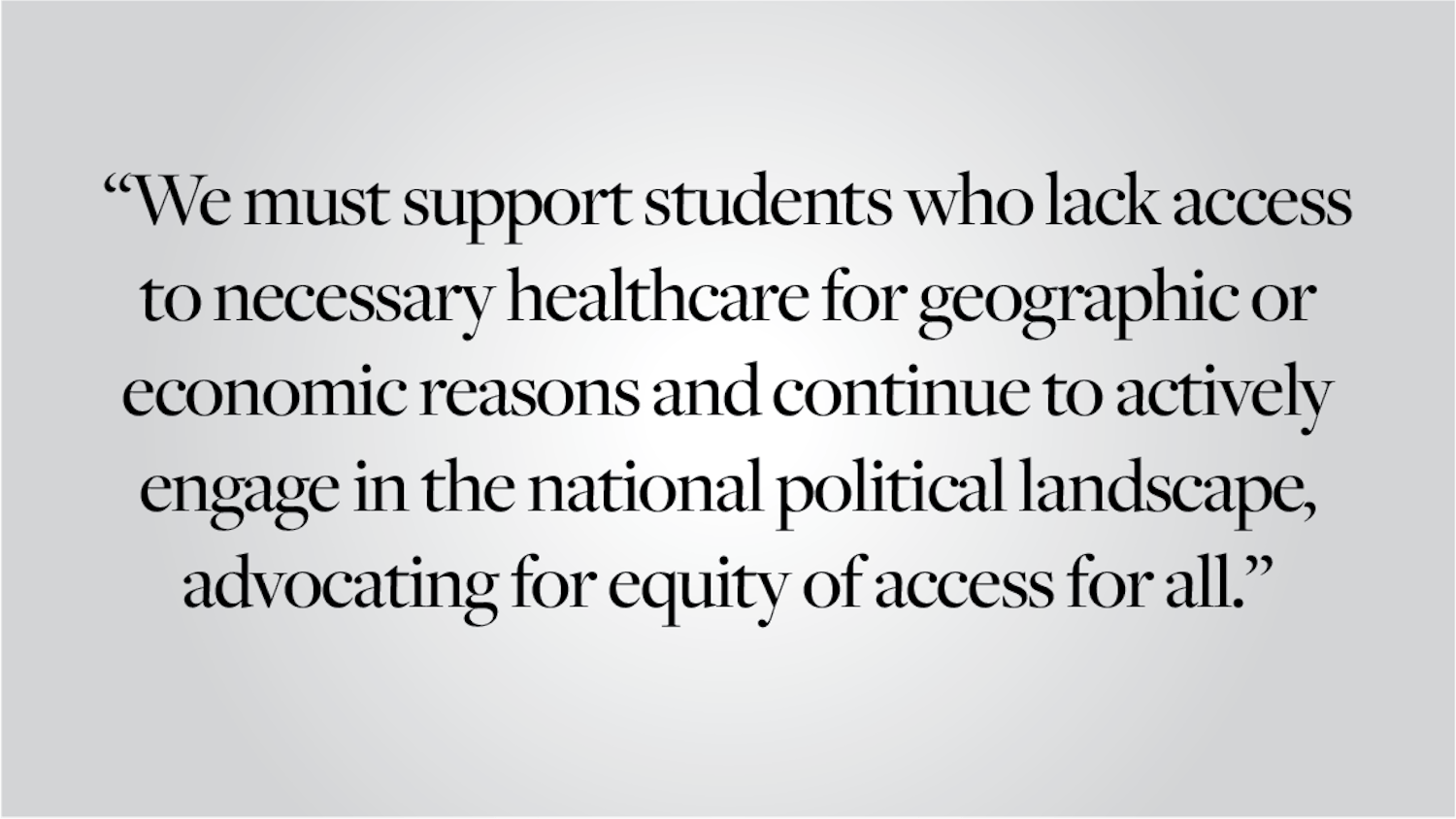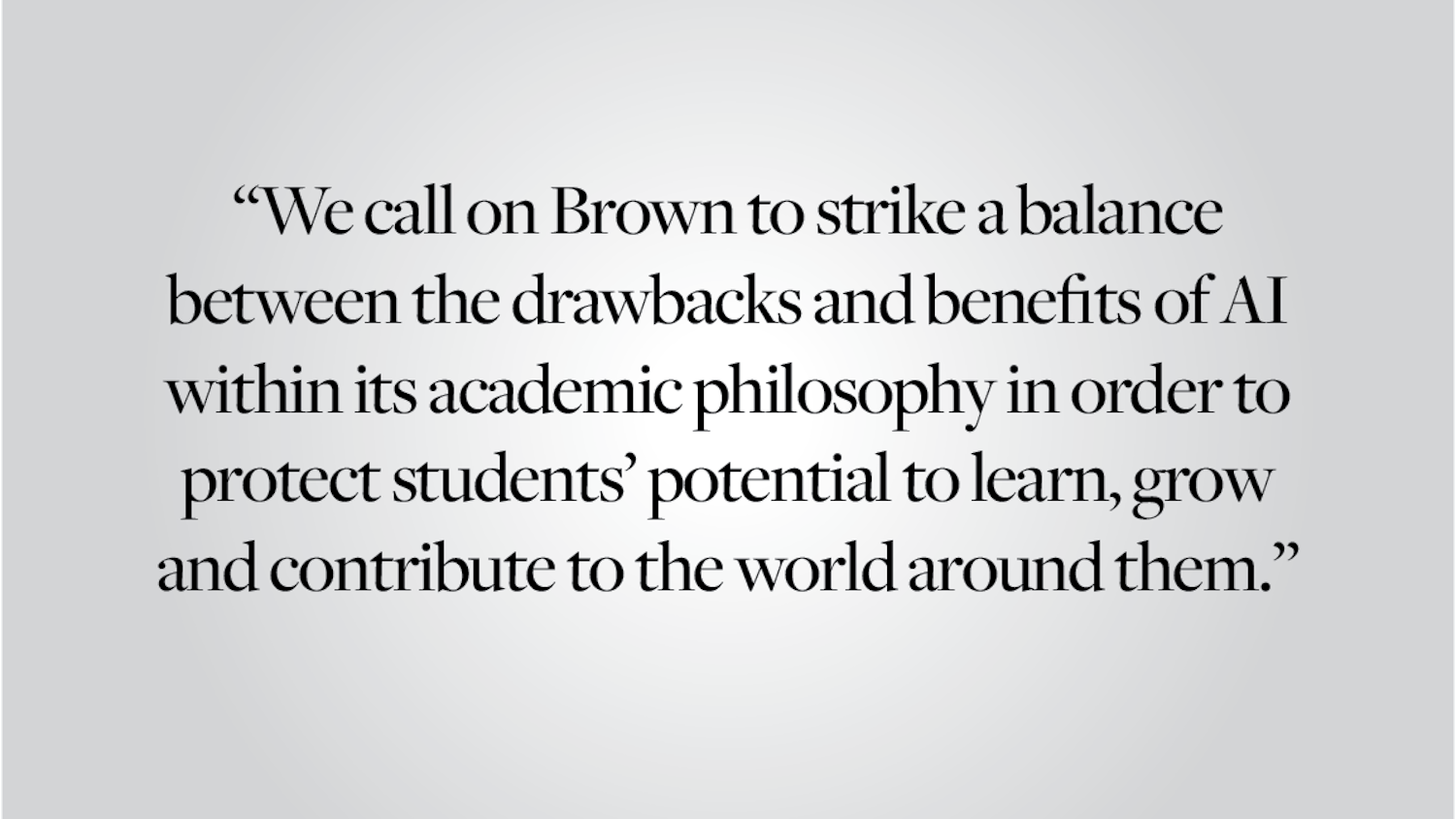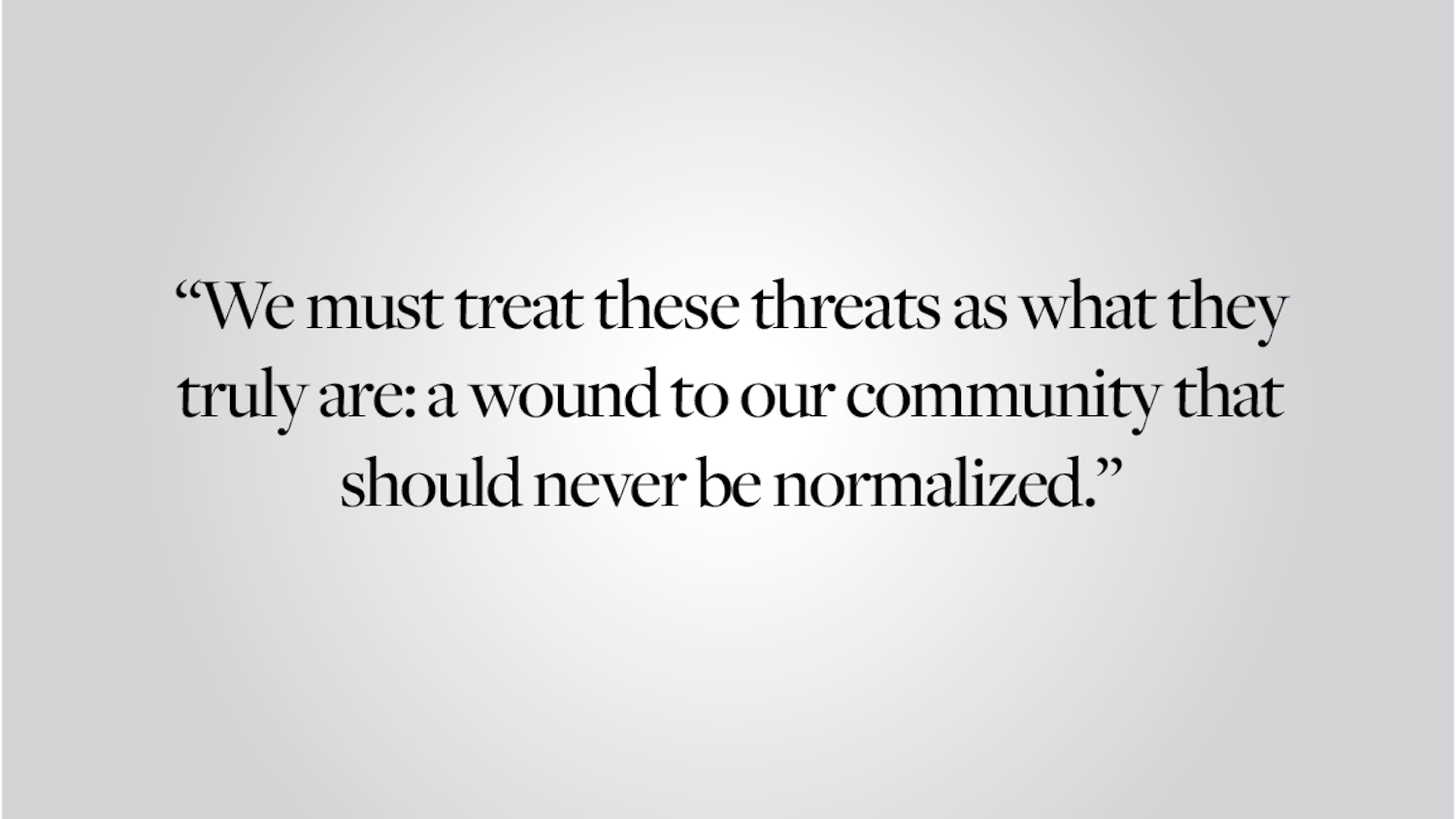Last week, Harvard attracted much publicity amid claims of a widespread cheating scandal. According to the Boston Globe, about half of a nearly 300-person "Introduction to Congress" class last spring has been accused of academic dishonesty during an open-book exam. We suggest this event is indicative of a wider trend in the American university system, particularly in the Ivy League, of prioritizing nominal academic success over true achievement and learning. While the students should be held accountable for their actions, we also believe that the trend is the result of detrimental university policies.
At universities like Harvard, the policies controlling testing situations are to blame for the decrease in academic integrity on the part of the students. At Harvard, the students in the class in question were given vague instructions on what constituted cheating on the exam. While this does not excuse the students for their actions, we question whether this situation could have been avoided with stronger and stricter regulations regarding cheating. In addition, Harvard and many other universities lack an honor code. The lack of both detailed instruction and awareness of academic ethics may have played a large role in these students' choices to prioritize achievement over learning.
Another indication of this surprising and disappointing trend is a grading policy at Princeton. Several years ago, Princeton instituted a grading curve that severely limits the number of students who get As. No matter how many students in a class deserve good grades by the professors' standard, only a small percentage can receive them because of the university's attempt to curb grade inflation. The result is that students feel forced to compete with and sabotage each other in order to make sure their peers do not receive the coveted high grades. This is a blatant disservice to the ideals of academic integrity and teamwork and another example of a university policy that encourages unhealthy competition among students.
Though we at Brown have not, thankfully, been subjected to this type of grade deflation policy, the threat remains. A Herald editorial last semester ("Allergic to Bs," April 9) decried the lack of pluses and minuses in the Brown grading policy and argued that the system is causing students to drop meaningful courses to avoid getting a B grade. The simple truth is that in this age of unprecedented levels of competition for internships and post-graduation jobs, universities - and Ivies in particular - do not provide an academic environment conducive to honorable, self-driven achievement. We believe these institutions of higher learning should carefully reflect on what societal and academic pressures may have precipitated the Harvard students' actions.
Editorials are written by The Herald's editorial page board. Send comments to editorials@browndailyherald.com.




